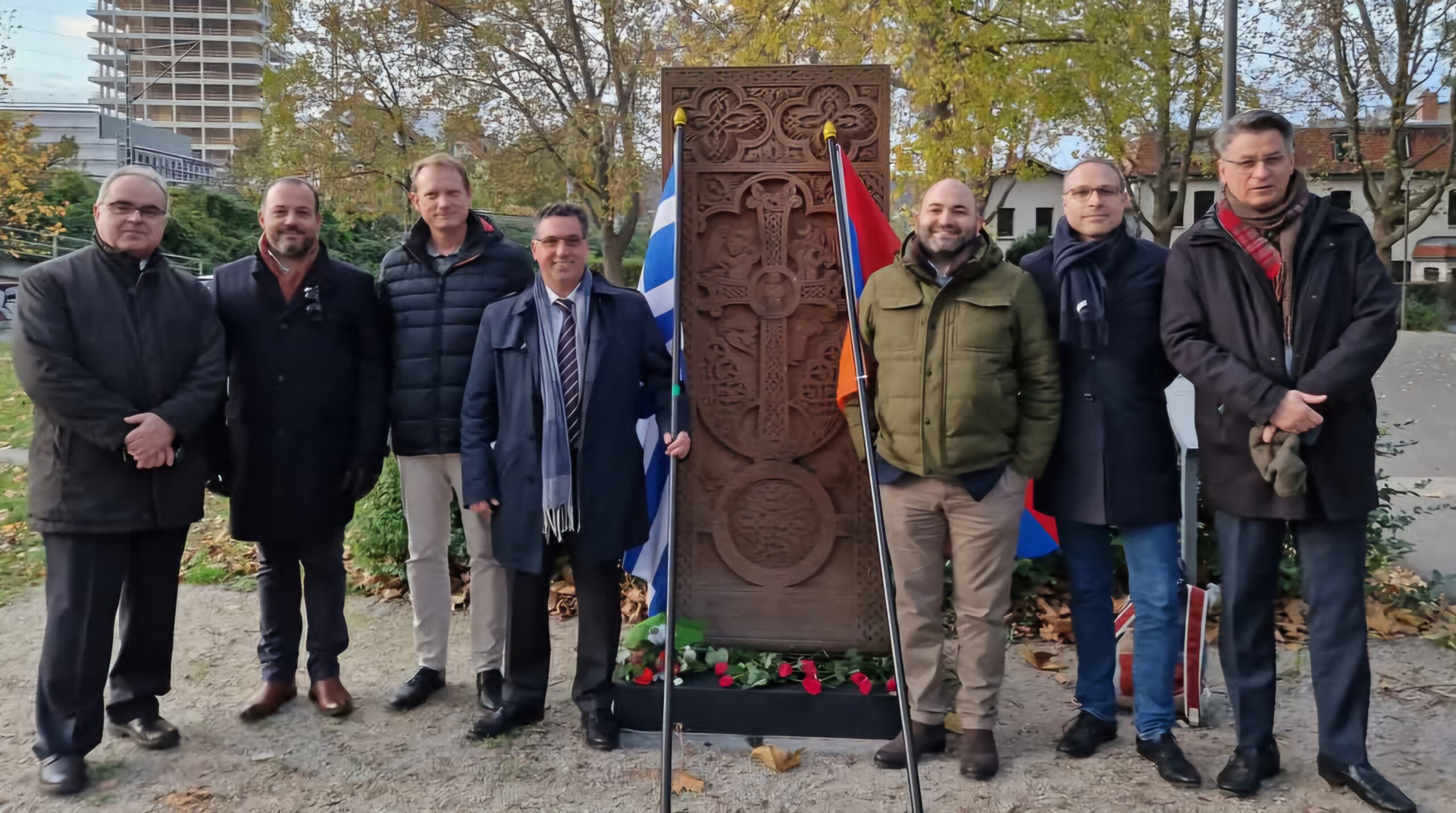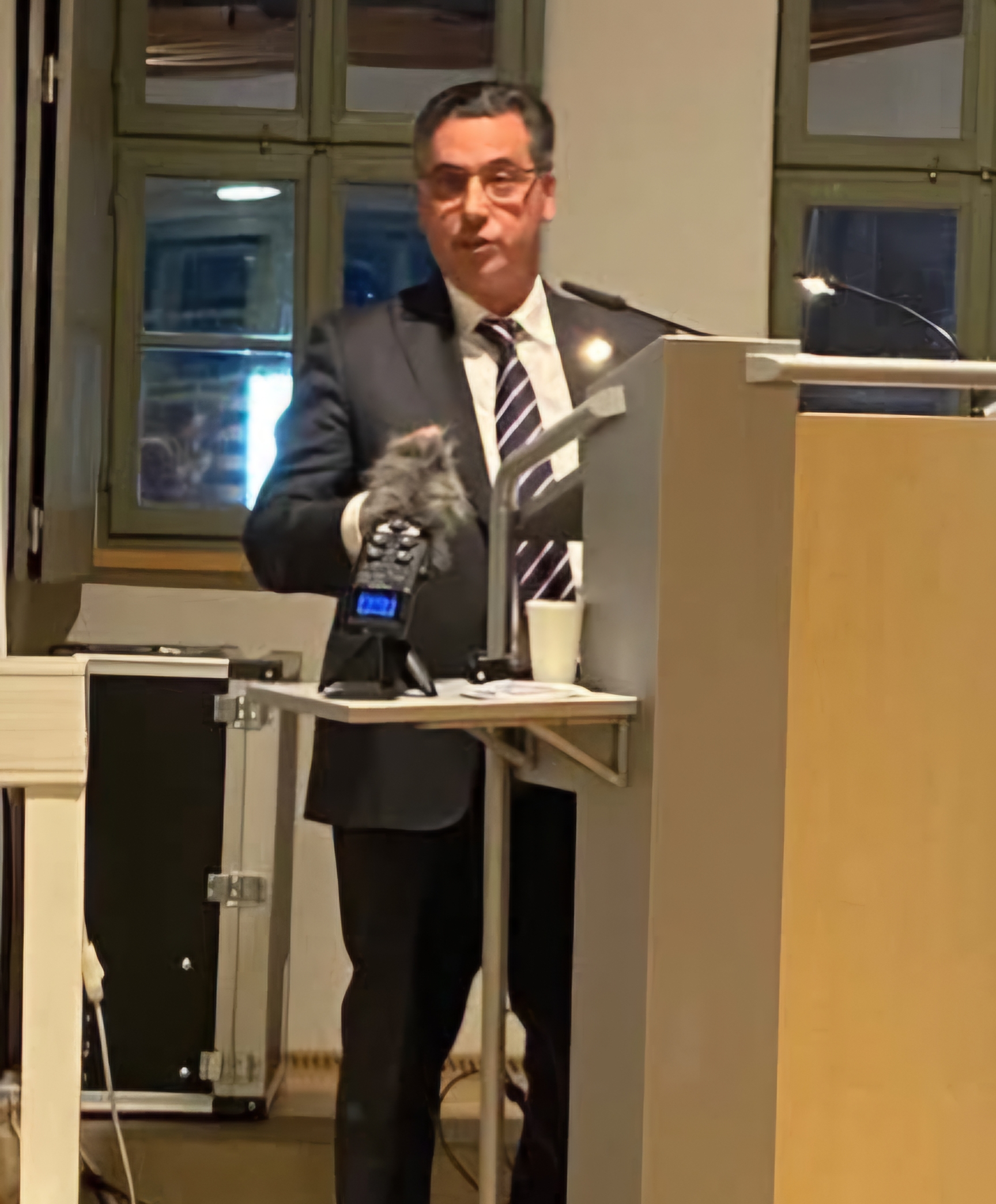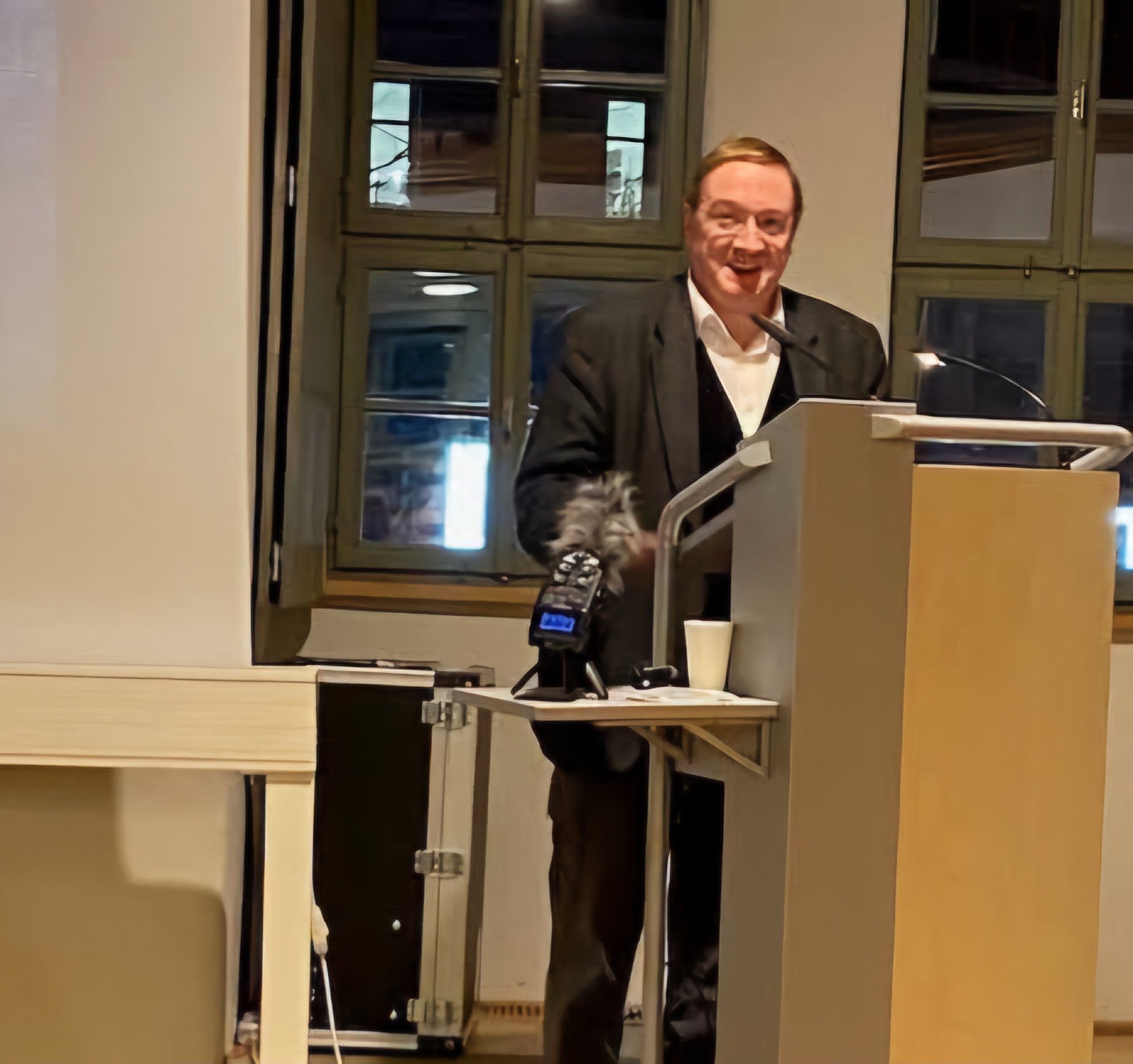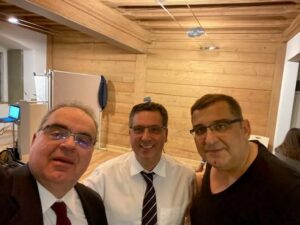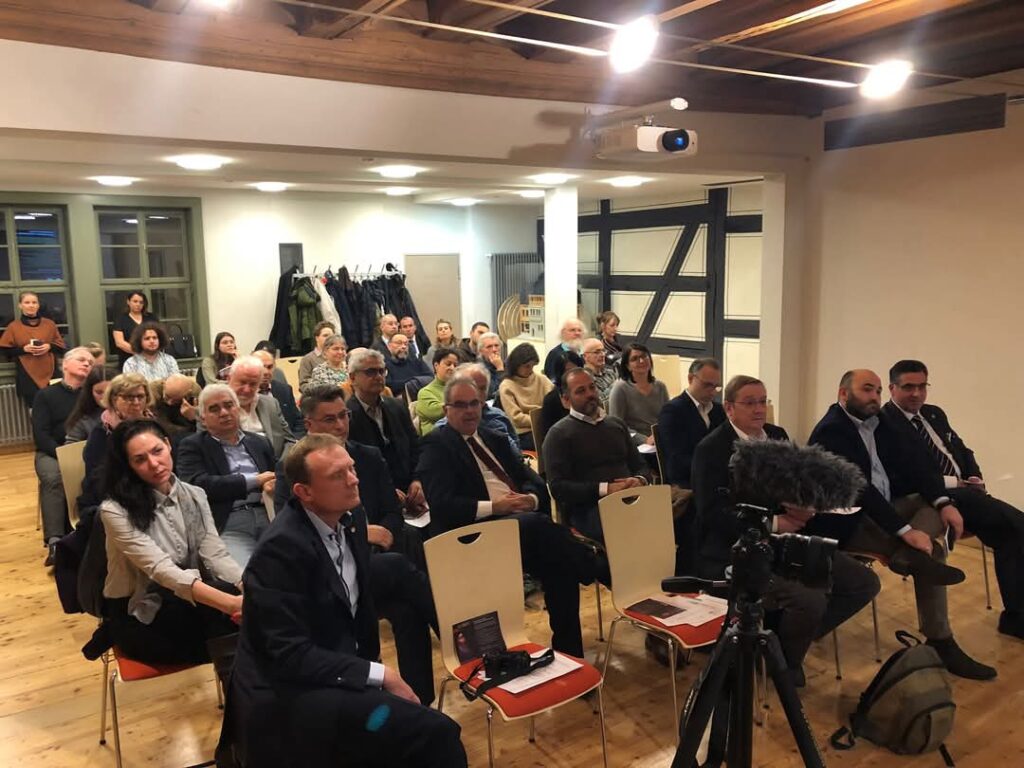
On November 8, 2023, the Bessarion Research Unit for Modern Greek Culture was officially inaugurated at Friedrich Schiller University in Jena. The unit is part of the Institute for Slavistics and Caucasus Studies at the university. Prof. Dr. Thede Kahl, a distinguished scholar in Slavonic studies and geography, holds the position of head of the research unit. He has been a full professor at the universities of Vienna and Jena, and a member of both the Austrian Academy of Sciences and the Academia Europaea.
The Bessarion Research Unit will focus on scientific research in three main areas: exploring the dialectical diversity of the Greek language, examining Ottoman sources on Modern Hellenism in Asia Minor, and investigating the maintenance of local cultures in Greece. The research unit is named after the Renaissance-era humanist and European scholar, Bessarion of Trebizond (1395?-1472), who dedicated his life to preserving Greek Byzantine literature following the conquest of Constantinople.
The funding for the research unit is sourced from donations provided by diaspora organizations, such as AHEPA Frankfurt, AHEPA Munich, the Greek Community Frankfurt/Hessen, the Foundation Greek House in Frankfurt, the Association of Greek Fur Merchants in Germany Prophet Elias Frankfurt, the Association of Pontic Greeks Nuremberg, and individual contributors.
Expressing his enthusiasm for the unit’s opening, Prof. Dr. Kahl stated, “I am delighted to open the Bessarion Research Centre for Greek Culture in Jena. This unit will be a tremendous asset for researchers and students, making a significant contribution to the study of Greek culture.”
The Bessarion Research Unit offers researchers a unique opportunity to explore the dialectical diversity of the Modern Greek language, examine Ottoman sources for Greeks in Anatolia, and investigate the preservation of local cultures in Greece. The unit will also host various events, including lectures, seminars, and workshops, to promote the study of Greek culture. Additionally, it will provide a platform for publishing research papers and books related to the study of Greek culture.
The Bessarion Research Unit is a welcome addition to the offerings of Friedrich Schiller University Jena and will be a valuable resource for both researchers and students. It stands as a fitting tribute to the legacy of Bessarion of Trebizond and his commitment to preserving Greek Byzantine literature.
The event received a warm welcome from CDU member of parliament Albert Weiler, who highlighted his close connection to Greek culture and the influence of Byzantium on Europe, as well as the impact of Bessarion’s personality during the Renaissance. He remarked, “The Bessarion Centre is a great opportunity to bring Greek and German cultures closer together and promote the study of Greek culture and language.”
Prof. Dr. Rainer Thiel, a professor of ancient Greek and Latin philology, also extended a welcome and emphasized the importance of Modern Greek studies at the University of Jena, providing a unique and enriching perspective on Greek heritage.
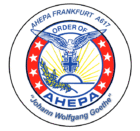

 Deutsch
Deutsch Ελληνικά
Ελληνικά